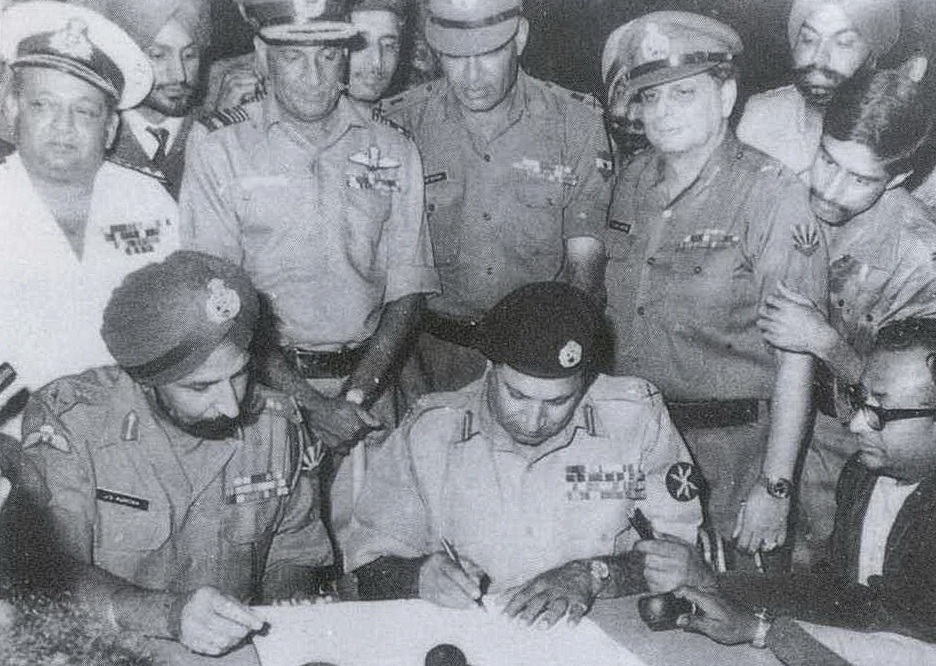
Introduction
The India-Pakistan War represents a crucial chapter in the complex relationship between India and Pakistan. Triggered by territorial disputes and political tensions following the partition of British India in 1947, these conflicts have not only altered the landscape of South Asia but also shaped the geopolitical dynamics of the region. Understanding the implications of these wars is essential for grasping the contemporary issues faced by both nations and the broader implications for global peace.
Background of the Conflict
The first India-Pakistan War erupted in 1947, shortly after the two countries gained independence. The key issue was the princely state of Jammu and Kashmir, which was claimed by both nations. In 1947, Maharaja Hari Singh’s decision to accede to India led to significant military conflict. The war, which lasted until early 1949, ended with a UN-mediated ceasefire, leaving India in control of approximately two-thirds of Kashmir while Pakistan retained about one-third.
Subsequent Wars and Conflicts
Subsequent wars followed, including the second major conflict in 1965, once again over Kashmir, and the third in 1971, primarily as a result of Pakistan’s internal conflicts that led to the secession of East Pakistan and the creation of Bangladesh. Each of these wars heightened animosities and resulted in military and civilian casualties, reinforcing a narrative of mistrust and hostility.
Current Situation and Regional Implications
Today, the remnants of these conflicts continue to influence India-Pakistan relations. The nuclearization of both countries has added a new dimension to their rivalry, with both sides displaying military prowess and engaging in strategic brinkmanship. Continued skirmishes along the Line of Control (LoC) in Kashmir highlight the ongoing tensions.
In recent years, dialogues between the two nations have seen intermittent progress, often disrupted by incidents of terrorism and nationalistic policies. Global powers, including the United States and China, also play a role in this complex geopolitical landscape, striving for influence and stability in South Asia.
Conclusion
The India-Pakistan War remains a pivotal topic for scholars and policymakers alike. As both nations navigate their fraught relationship, it becomes increasingly important to seek diplomatic avenues for conflict resolution. The historical significance of these wars, alongside their lasting effects on regional stability, demonstrates the need for renewed dialogue and cooperation to forge a peaceful future for both countries and the wider region.






